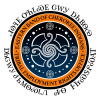MOTHER TOWN HEALING PROGRAM
Mother Town Healing Program is Accepting Applications
The Mother Town Healing Program
The Mother Town Healing Program (THP) is intended to assist EBCI enrolled members in recovery by providing a safe and supportive working environment, training for necessary job skills, and discipline to re-enter the workforce in a positive manner. While the goal is for participants to become employable, we also encourage them to rebuild and strengthen community connections that may have been lost due to substance use/abuse disorders.
During their tenure in the program, participants will be expected to maintain engagement in a recovery program (Analenisgi or other), while committing to the work responsibilities of the Mother Town Healing Program. Throughout the program, participants will learn how to foster personal growth and develop a positive self-image through raising a garden in the Mother Town of the Cherokee people: Kituwah. Beyond gardening, participants will be expected to learn life skills, employment skills, and Cherokee history and culture, and develop their character for future success in the workplace and in the community.
To solidify their efforts, participants are encouraged to intern with tribal programs and other entities of the EBCl for a 90-day period that will provide a solid working experience that may demonstrate to prospective employers their commitments to career stability and success in the workplace. With the Mother Town Healing Program, participants have an opportunity to nurture and develop themselves through hard work and dedication and earn a chance at becoming a valuable contributor to both our tribal workforce and in our community.
From its beginning in 2017 as a project to its current form as a program, the Mother Town Healing Program continues to work toward meeting the needs of the community. In keeping with its mission of ensuring preference in Indian hiring and contracting, T.E.R.O. maintains its support for this program.
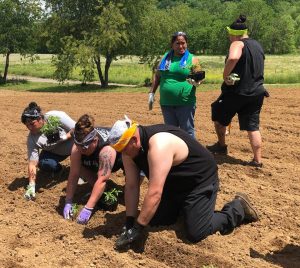
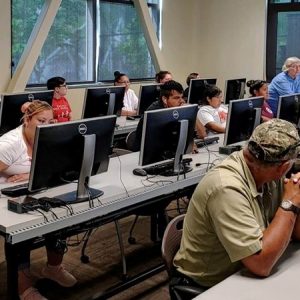
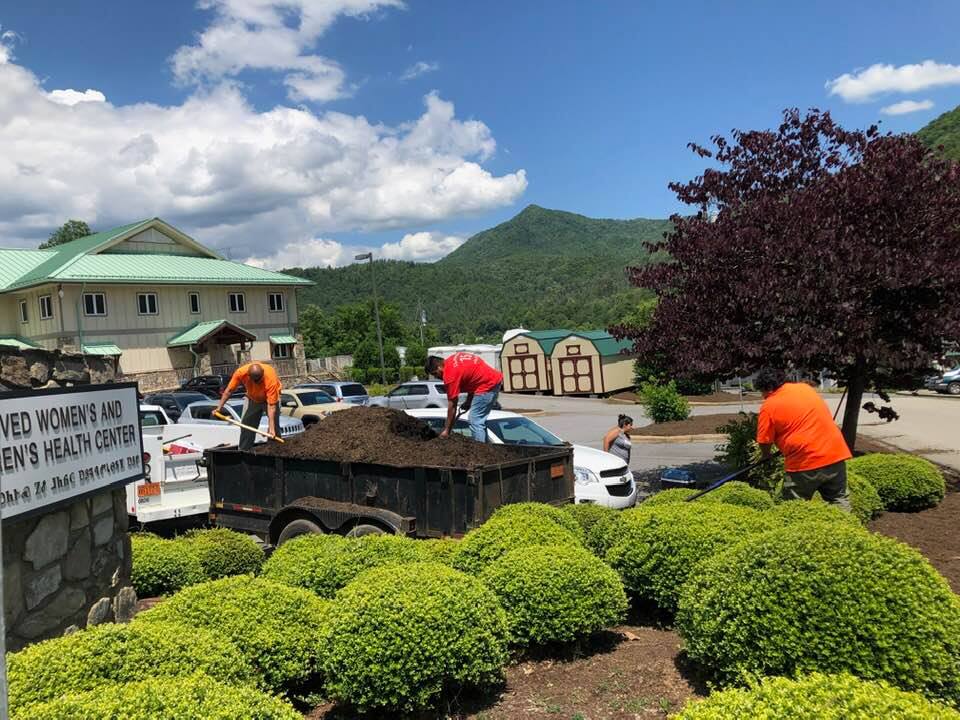
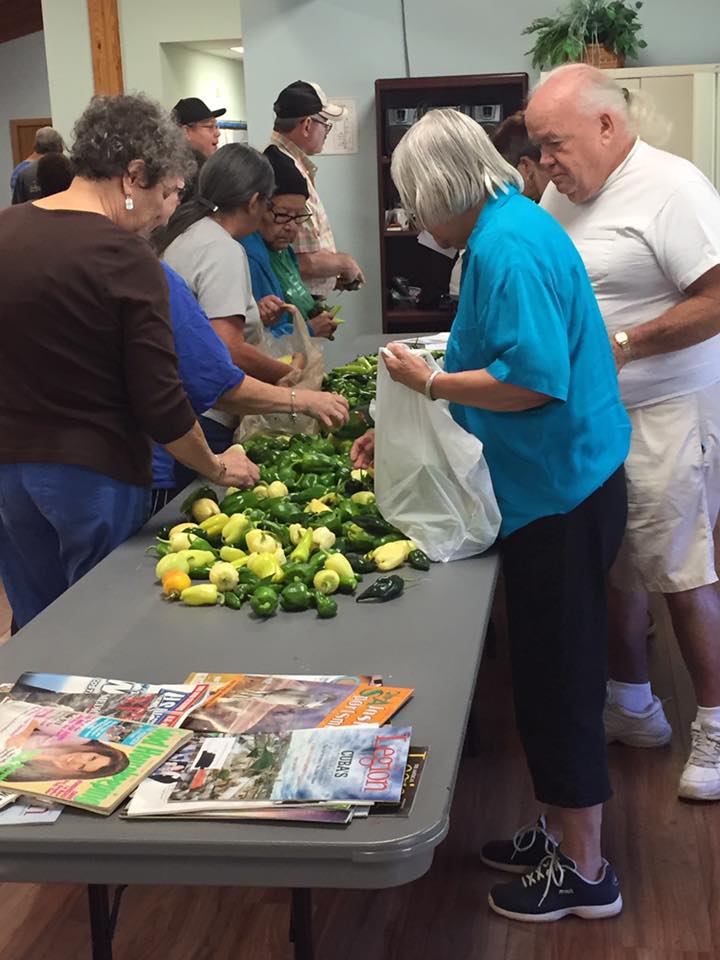
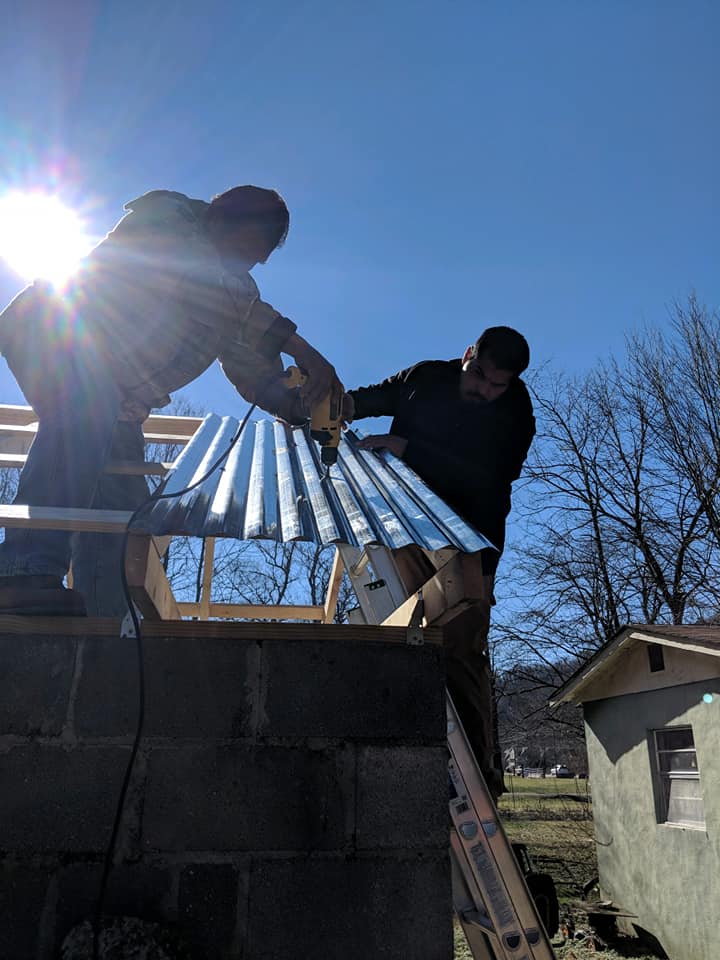
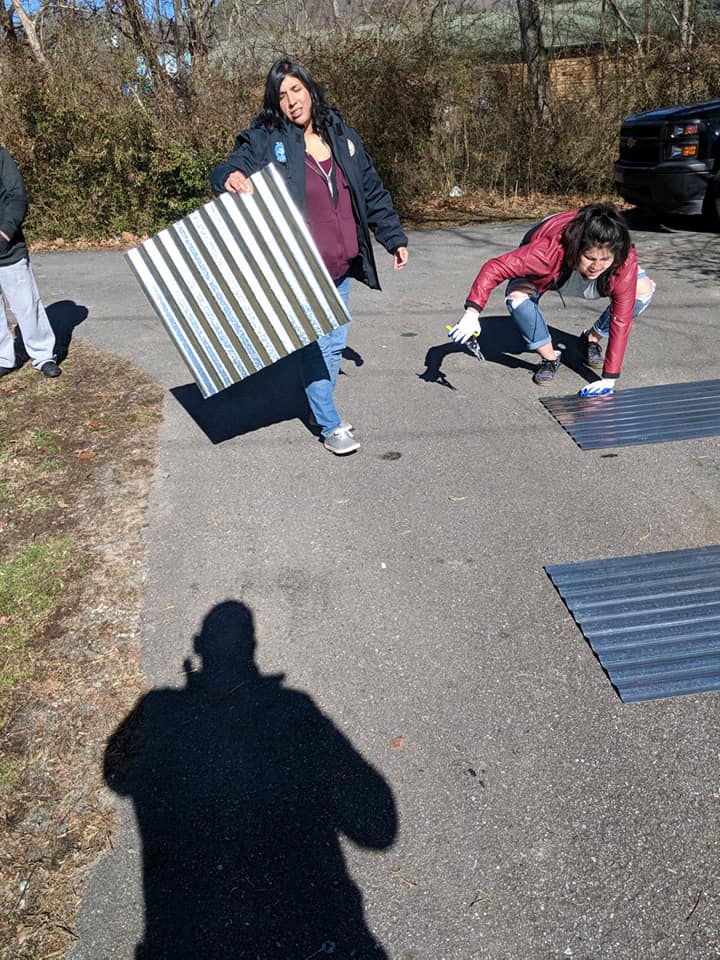
What's in a name?
Cherokee is a name given to us by others, and it just kind of stuck. Our true name is Anikituwagi – the People of Kituwah.
To honor the Mother Town is considered the same as honoring Selu, the Cherokee Corn Mother. Honoring mothers is a concept still prevalent in Cherokee culture today; Cherokee society has always been matrilineal. In Cherokee culture, mothers are healers and nurturers.
Kituwah is known as the most sacred site of the Cherokee people, a place of healing and peace. The Elders s ay the fire has always burned there; it burns there still.
How does it work?
The MTHP is an organized multi-system approach to benefit the livelihood of enrolled members and their families through:
– Skill Building & Education
– Personal Growth
– Reconnection to Community & Culture
– Healthy Life Skills
– Wellness & Recovery Support
The MTHP uses a Community Reinforcement Approach:
- Chronic unemployment is common among populations with current and past histories of substance use disorder. Employment provides many incentives for sustained recovery, including financial, personal meaning, social support, structure, responsibility and a sense of achievement.
- “A community reinforcement approach” has been shown to be effective on a number of outcomes including number of days employed, treatment retention, less drug use, less drinking to intoxication, lower levels of depression, fewer hospitalizations and legal problems.
- By creating structural supports for those in recovery, TERO MTHP helps sustain long-term abstinence for individuals who have limited access to other incentive opportunities
How does the MTHP help with the addiction epidemic in our community?
Among cognitive variables, several forms of motivation have been associated with good substance use outcomes.
- Having “something to lose” (e.g., employment, friends, health, freedom) if substance use continues also motivates change and is associated with positive outcomes.
- Social support from family, friends, and community has been consistently found to predict positive outcomes.
- Further, there is evidence that while general support may be more important for overall well-being, the supportive network’s attitudes toward substance use and recovery are better predictors of future substance use/abuse.
Providing available recovery resources after treatment is perhaps the best way to enhance the likelihood that short-term abstinence becomes long-term recovery.
The 8 Domains of Recovery Capital
Essential supports for achieving rehabilitation and social reintegration
Safe Housing/ Healthy Environment
Peer-based Support
Employment &: Resolution of Legal Matters
Vocational Skills &: Education
Community Integration &: Cultural Support
Mental & Physical Health
Sense of Purpose
Family &: Social Supports
Connection to Indigenous Culture and Community
“Culture protects against substance abuse by restoring [the individuals’] identity and nurturing the values necessary to heal American Indian and Alaska Native communities.” ~ [tbd]
“Clinicians also emphasized connecting clients to their traditional culture in order to reconnect them to their communities, to help them “find out who they are,” and to illustrate a positive aspect of treatment (as opposed to the pathology of substance abuse).”
“Other common practices include teaching culture classes or hiring a cultural director to engage clients in community-based activities and mentoring from elders. Participants also noted arts and crafts projects, such as beading, pottery, and carving; field trips to sites of cultural significance; outdoor activities, such as camping, hunting, and fishing; and, inviting a traditional healer to participate in treatment.”
The MTHP Team:
10 MTHP Participants (Phase 1)
– New Participants
5 MTHP Participant Interns (Phase 2)
– Participants demonstrate progress and readiness
5 MTHP Peer Mentors (Phase 3)
– Former Participants who successfully completed the Program and/or have completed NC Peer Support Specialist training
2 MTHP Coordinators
– Supervisory duties and Program coordination
1 MTHP Culture Coordinator
– Cherokee language, history, and culture instruction; cultural project coordination
1 MTHP Supervisor
Eligibility
Any EBCl tribal member may apply to the Mother Town Healing Program that meet the following requirements:
- Must have attained sobriety and have not used mind altering substances in the past 90 days (Sobriety in this context should mean: Free of all mind-altering substances except for prescription medication by health care providers).
- Must not be currently employed part full time or own or operate or take part in a business venture.
Must be actively involved with a recovery program for at least 90 days and it must be verifiable (i.e., Analenisgi or other).
- Must continue to attend a recovery program while within the Mother Town Program and internship positions.
Application
Any person interested in applying to the Mother Town Healing Program should fill out the Mother Town Healing Program application and submit it ONLY after completing the form in its entirety. A completed application will contain:
- Application (fully filled out)
- EBCI or other federally recognized tribal enrollment identification & number
- Authorization for Use or Disclosure of Health Information Form (Analenisgi or other care provider)
Applicants with COMPLETE applications will be contacted at the next hiring cycle. Participation cycles occur when there are vacancies in the program or as participants move on to the internship phase of the program. TERO will contact applicants until the vacant number of applicants have committed to interview.
Interview Criteria
TERO designed the Mother Town Healing Program to promote sobriety, assist those in recovery with their recovery progress, promote employable skills, provide resources, and assist with gainful employment. Candidates will be interviewed based on the following criteria:
- Must have attained sobriety and have not used mind altering substances in the past 90 days (Sobriety in this context should mean: Free of all mind-altering substances except for prescription medication by health care providers).
- Must not be currently employed part full time or own or operate or take part in a business venture.
Must be actively involved with a recovery program for at least 90 days and it must be verifiable (i.e., Analenisgi or other).
- Must continue to attend a recovery program while within the Mother Town Program and internship positions.
We welcome all applicants who are willing to work toward their recovery and improve their lives through learning job and life skills.
